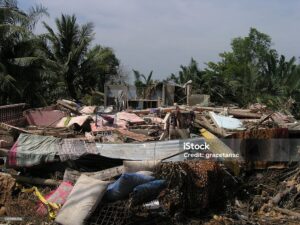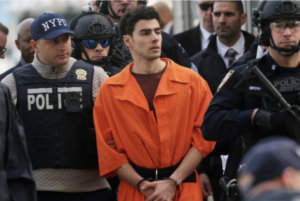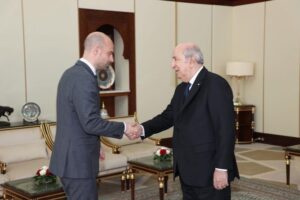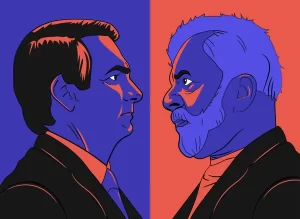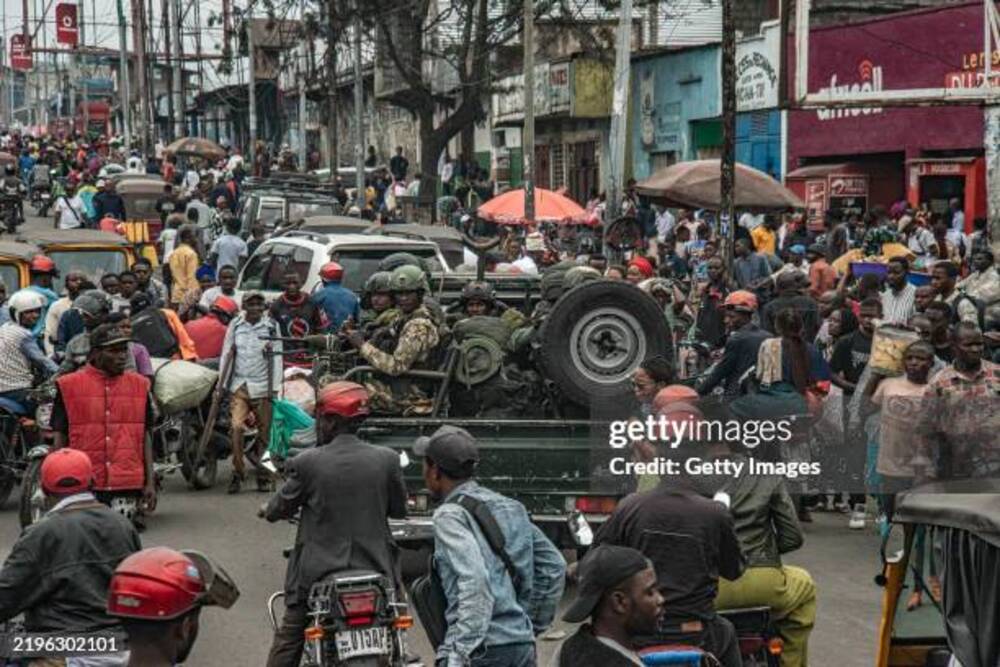Origins of instability in Eastern DRC
The roots of conflict in eastern DRC date back to the post-independence period in 1960. In that period, the country faced post-colonial struggles for power. Indeed, these conflicts have been fueled by ethnic tensions, political rivalries, corruption, and the battle for control over valuable natural resources.
The massive influx of Rwandan Hutu refugees in 1994, fleeing the genocide in Rwanda, further exacerbated tensions in the region. Among these refugees were individuals responsible for the genocide. This led to military interventions and the formation of various armed groups in eastern DRC.
The region’s wealth in natural resources, particularly minerals such as coltan, has also fueled competition. Many armed groups, along with neighboring state actors, have been involved in the illegal exploitation of these resources. By doing so, they perpetuate conflict and instability.
Recent events: M23 captures Goma
In January 2025, the M23 rebel group, reportedly backed by Rwanda, launched a major offensive that led to the capture of Goma, the largest city in eastern DRC. This offensive resulted in thousands of deaths and worsened an already severe humanitarian crisis, with hundreds of thousands displaced.
The fall of Goma also triggered a massive prison break. Around 3,000 inmates escaped, further exacerbating insecurity in the city. Local infrastructure, including hospitals and morgues, became overwhelmed by the influx of victims. Alos, sanitary conditions deteriorated due to a lack of resources and overcrowding.
International community’s reaction
The international community has expressed deep concern over the escalating conflict. The United Nations condemned the M23 offensiv. They called for the withdrawal of foreign forces from the DRC, particularly those from Rwanda. Vivian van de Perre, Deputy Special Representative of the UN Secretary-General in the DRC, emphasized that the UN cannot tolerate one state invading another member state.
African leaders convened a joint summit of the East and Southern African blocs to discuss the crisis. They urged all parties, including M23 rebels, to engage in direct talks. Furthermore, they emphasized the importance of dialogue over military solutions.
Despite these appeals, the international response has been criticized for its lack of firmness. Observers have noted that economic and political interests with Rwanda have led to mixed reactions. This allows Rwandan President Paul Kagame to continue his actions with relative impunity.
The situation in eastern DRC is the result of decades of complex conflicts involving both internal and regional dynamics. The recent takeover of Goma by M23 has intensified humanitarian and security challenges, highlighting the urgent need for a concerted international effort to achieve lasting peace in the region.


